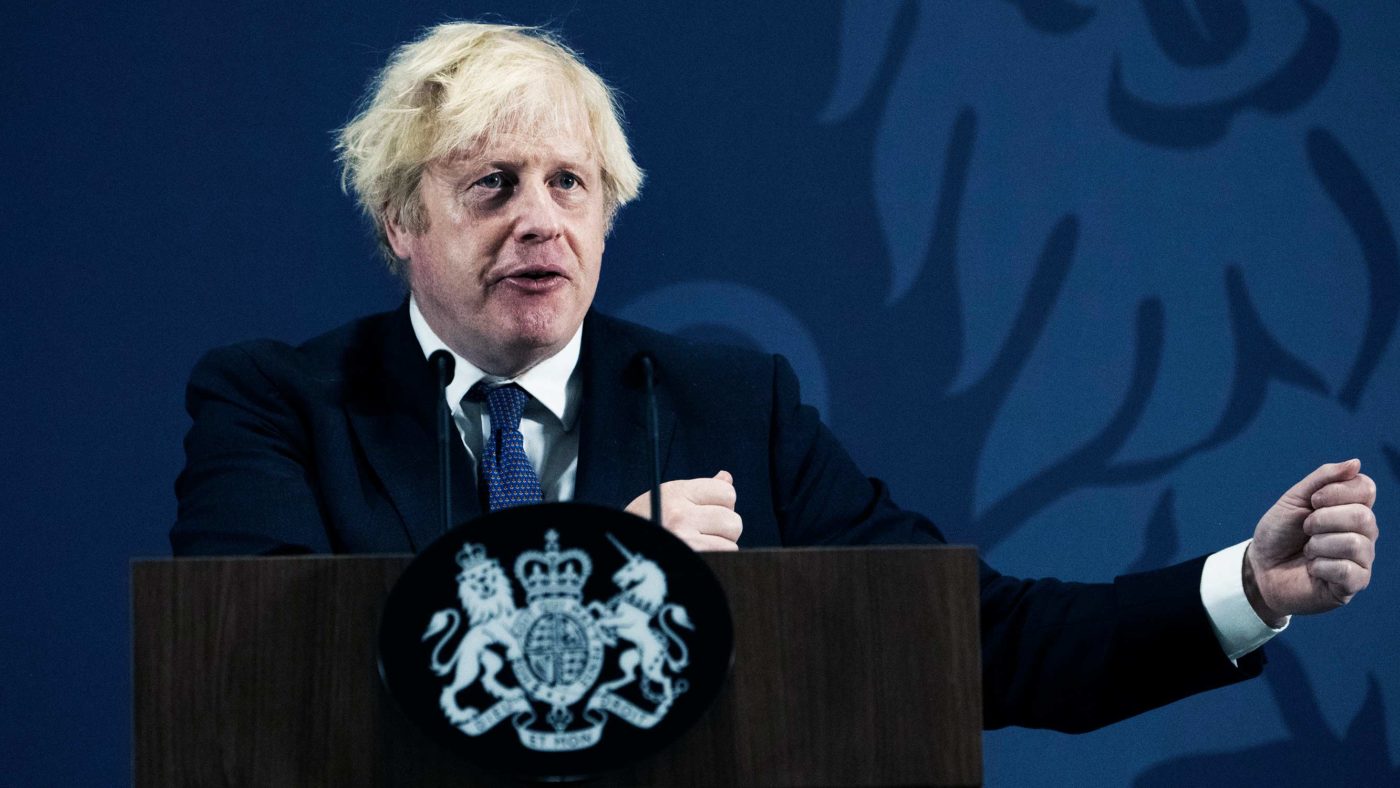Ever since Boris Johnson first announced that ‘levelling up’ was going to be central to premiership, we’ve been waiting to find out what it is.
In the absence of any clear intellectual direction from the Prime Minister, it has become a slogan to which almost anything can be attached. At this week’s Conservative Party conference you will scarcely find a fringe event whose sponsor isn’t earnestly insisting that their pet project is essential to ‘levelling up’.
But now, having appointed Michael Gove as ‘Levelling Up’ Secretary, we have a clearer idea. And the main thing levelling up looks to be is impossible. For he has set himself and the Government the test that people should not have to leave their hometown or region to get on in life: ‘stay local but go far’.
This is a noble ambition. It is definitely a problem that the reality of economic life in Britain today draws youth and talent inexorably towards London and the south, where it resolutely refuses to build them enough houses. Our great northern cities, built on the wealth generated by industry or commerce, have been enervated by decades of reliance on public sector employment.
Johnson flatters himself that his predecessors have been ‘stupid’ to tolerate this state of affairs over the past 40 years, as if the north-south divide had not occurred to David Cameron or Tony Blair. The unpalatable truth is that it is simply extremely difficult to solve.
The power and prosperity to which the grand architecture of cities such as Liverpool and Newcastle hark back to was built on economic conditions which are long gone, and not returning. Heavy industry no longer relies on close proximity to coal (which in any event the Government will not suffer to be mined, even in small quantities). The UK no longer dominates the global market for manufactured goods.
Even after the war, successive governments realised that this was a problem. But their attempts to brute-force economic activity out of the south managed, as John Myers notes, to do huge damage to prosperous parts of the country whilst doing little good to the areas it was supposed to help. And even today’s more left-wing Conservative Party would probably baulk at the sort of command-and-control powers that such policies involve.
Which leaves what? Ministers can relocate some civil service jobs to marginal seats, such as the new Treasury campus in Darlington, and force the big media players to open bases of operations outside London. But that will have only a marginal effect.
London will continue to enjoy the unique advantages that accrue to any global city, and will remain home to the financial and service sectors which generate so much of the revenue upon which the Prime Minister’s spending ambitions depend. Improved infrastructure connections such as HS2 may make these more acute, if they have the effect of bringing other parts of the country economically closer to the capital.
Most importantly for Gove’s purposes, it will always have more opportunities for an ambitious young man or woman than anywhere else, save perhaps in very specific sectors or conditions.
None of this is to say that achieving some measure of economic rebalancing, and thus more private-sector economic growth and prosperity to the north, is impossible. Far from it. Ministers will not have to look far to find people prepared to give them a laundry-list of overdue infrastructure projects to invest in.
But even if it turns out that the solution looks less like lavishing public money on projects and more like building adequate housing in the south, to free up southern disposable income for northern goods and services, it seems almost certain that Johnson will choose the former regardless – even though Gove is in charge of planning reform.
He might insist that levelling up is not zero-sum when trying to sell northern spending to southern voters, but trying to use southern prosperity to drive northern growth is just what all his ‘stupid’ predecessors were doing.
Gove is one of the Government’s more energetic and imaginative reforming ministers. Perhaps he might, if left to dedicate himself to the task, make something of this impossible mission. But do it whilst also solving the housing crisis and saving the Union? It seems unlikely.
Click here to subscribe to our daily briefing – the best pieces from CapX and across the web.
CapX depends on the generosity of its readers. If you value what we do, please consider making a donation.


